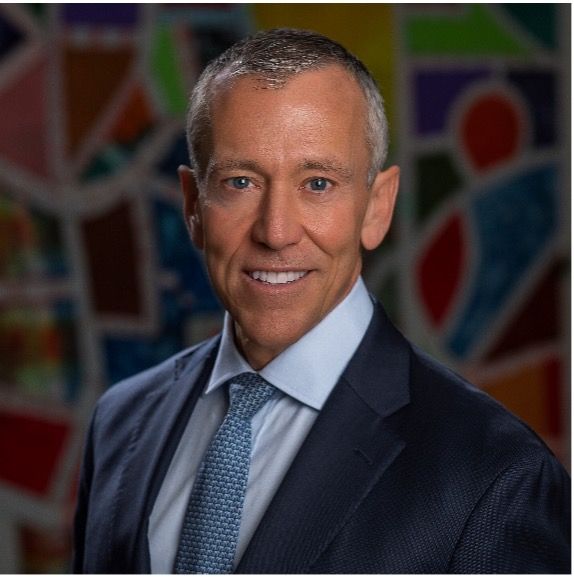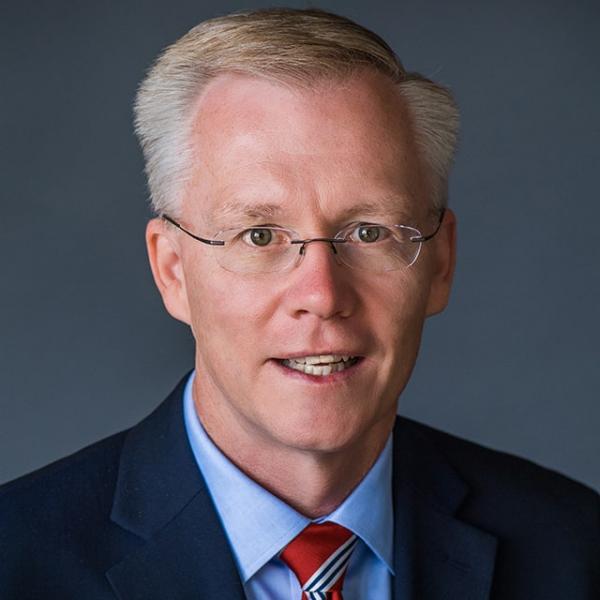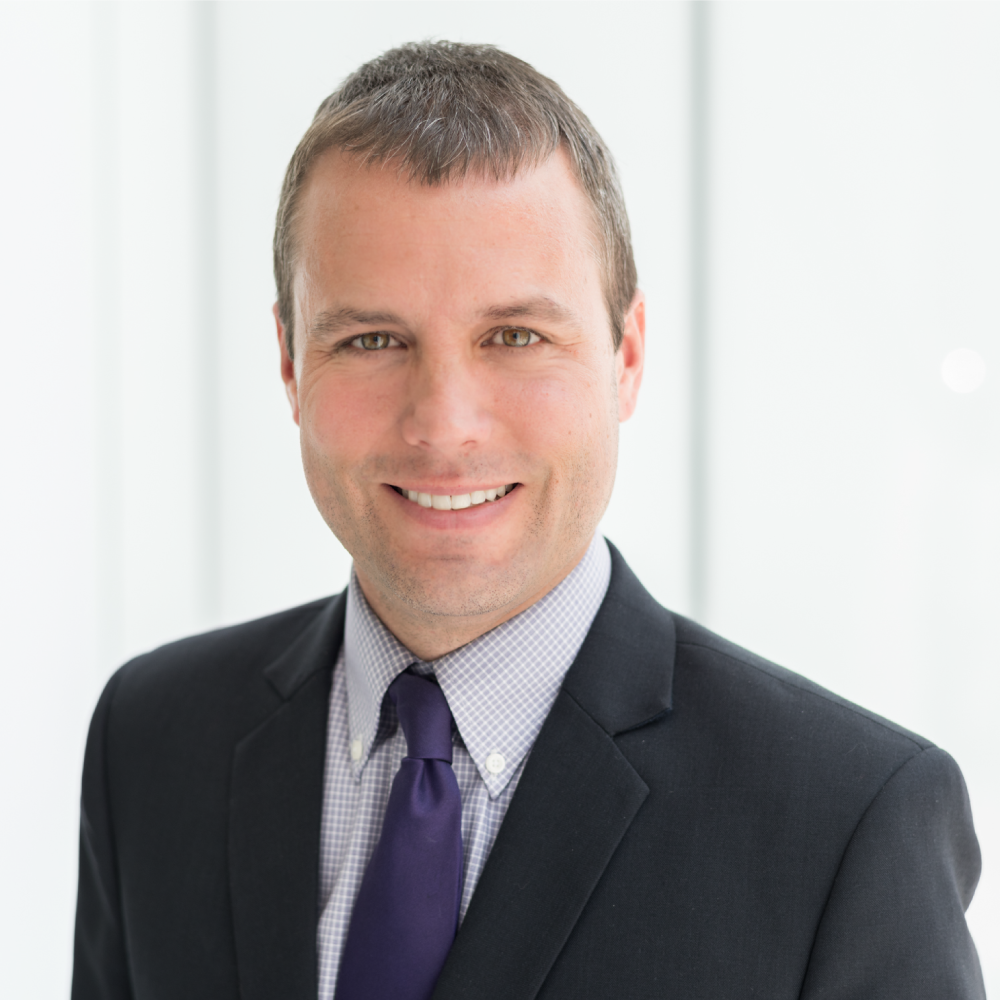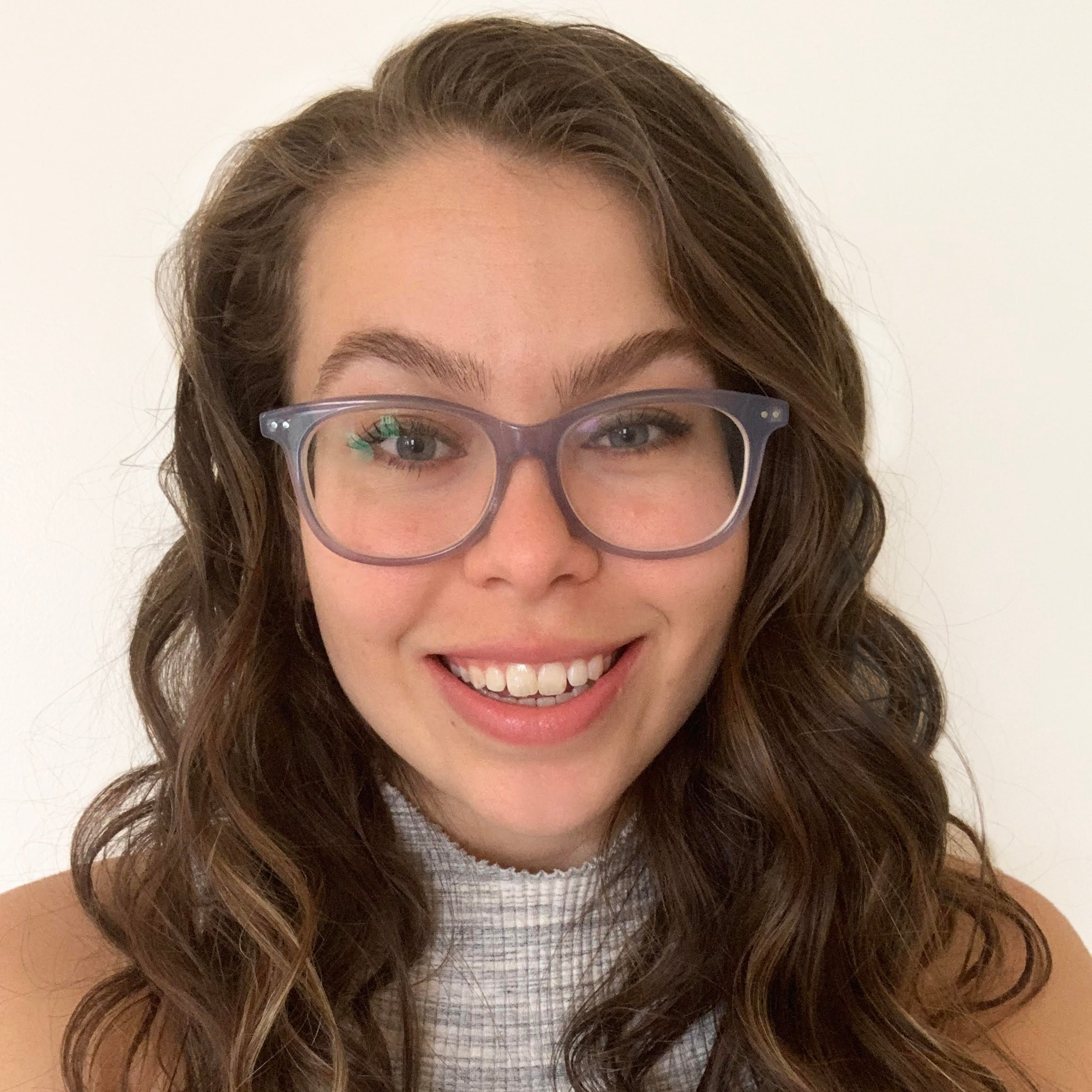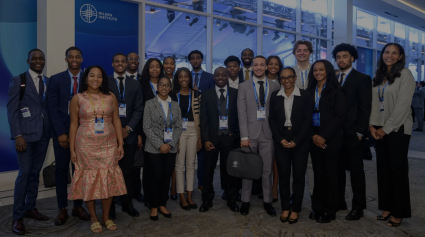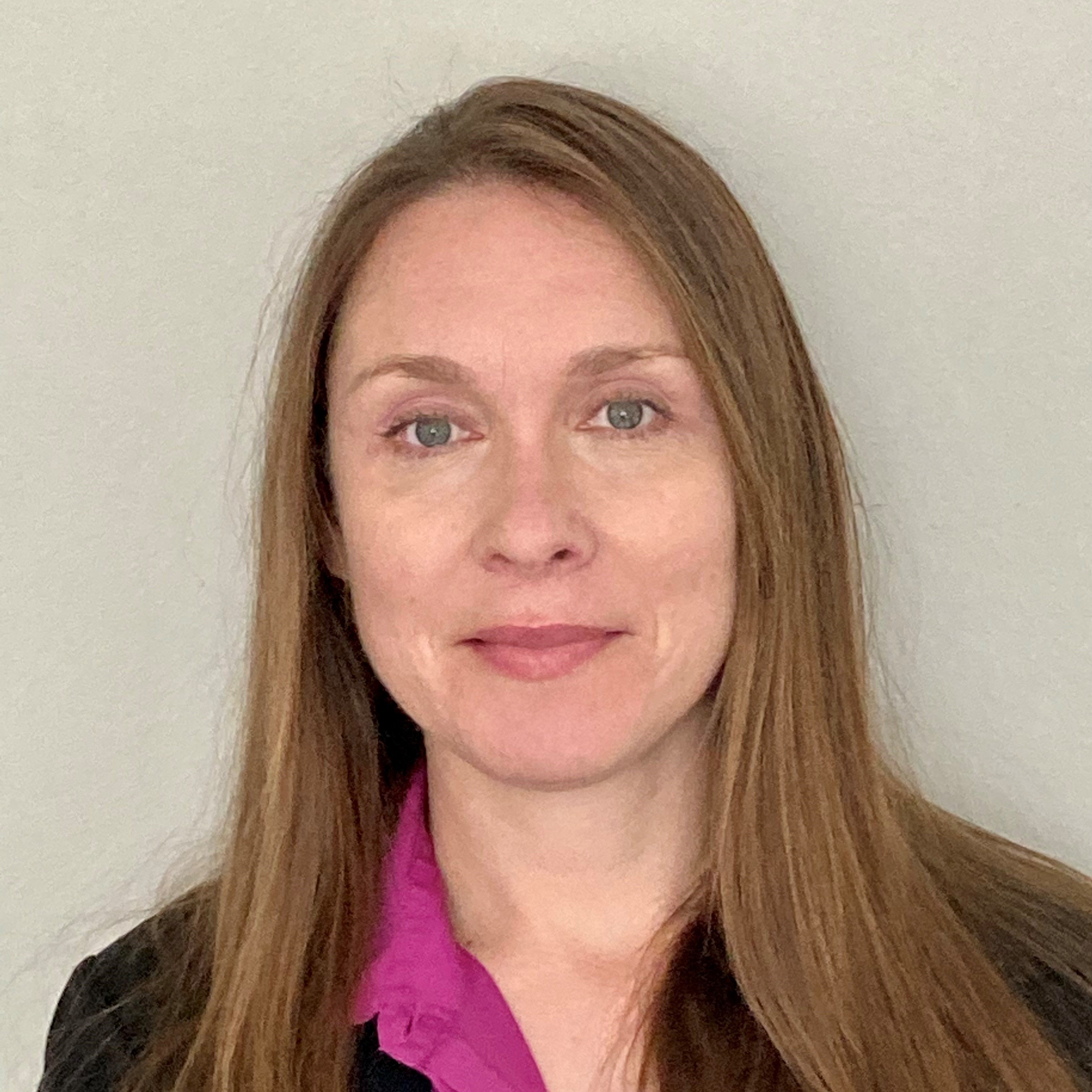Submitted electronically
To: The Honorable Shalanda Young, Acting Director, Office of Management and Budget
From: Richard Ditizio, President and Chief Operating Officer, Milken Institute
About the Milken Institute: For the past three decades, the Milken Institute, a nonprofit, nonpartisan think tank, has served as a catalyst for practical, scalable solutions to global challenges by connecting human, financial, and educational resources to those who need them. Guided by a conviction that the best ideas, under‐resourced, cannot succeed, we conduct research and analysis and convene top experts, innovators, and influencers from different backgrounds and competing viewpoints. We leverage this expertise and insight to construct programs and policy initiatives. These activities are designed to help people build meaningful lives in which they can experience health and well‐being, pursue effective education and gainful employment, and access the resources required to create ever‐expanding opportunities for themselves and their broader communities. The Institute has focused on expanding its diversity and inclusion efforts, both internally and externally, through its events and programs and calls upon its community of stakeholders to join our commitment to equality.
The comments submitted here are in response to the following areas of the request for information:
(1) Equity Assessments and Strategies. Approaches and methods for holistic and program‐ or policy‐specific assessments of equity for public sector entities, including but not limited to the development of public policy strategies that advance equity and the use of data to inform equitable public policy strategies.
(5) Stakeholder and Community Engagement. Approaches and methods for accessible and meaningful agency engagement with underserved communities.
Please contact Matthew Aleshire, Director, Government Affairs at the Milken Institute, ([email protected]) for any follow‐up questions.
Re: Management and Budget Office Request for Information Document Number OMB‐2021‐ 09109, Methods and Leading Practices for Advancing Equity and Support for Underserved Communities Through Government
Dear Acting Director Young,
The Milken Institute, a nonprofit, nonpartisan think tank, is honored to respond to this request for information related to the President’s Executive Order of January 20, 2021.1 Equality of opportunity is a core tenet of the United States of America and the American Dream. Yet, throughout our nation’s history, access to equal opportunity has remained fleeting at best for too many Americans, a dream deferred. Race, ethnicity, sex, gender identity, sexual orientation, disability, income, religion, resident status, level of education, geography, etc., have served as formal and informal barriers to equal opportunity. As the COVID‐19 pandemic begins to recede from peak intensity, now is the time to ascertain the nature of the structural and systemic flaws that continue to inhibit a fuller realization of the American Dream. These flaws, many of which were laid bare over the course of the pandemic, must be redressed through policies of equity to lay the foundation for a future in which all Americans can enjoy equality of opportunity and fairness.
The Milken Institute appreciates the opportunity to comment on the Office of Management and Budget’s request for information related to recommendations on methods, approaches, and tools that could be appropriate for assessing whether government agency policies and actions equitably serve all eligible individuals and communities, including those that are currently and historically underserved.
Increasing Diversity and Representation in Clinical Trials
Historically, medical research has not been as diverse or inclusive as the populations being studied. The underrepresentation of diverse groups in clinical research, mistrust in research, and the lack of diversity in the health workforce play a significant role in allowing these inequities to persist. The culture of mistrust in medical research stemming from years of unethical treatment of minority communities has prevented much‐needed participation and inclusion of patients related to race and ethnicity, gender, age, and environmental and social factors.
Creating strategies, frameworks, and policies to increase diversity and inclusion in all stages of clinical research and trials for drug and product development is more important now than ever. Working with our partners and advisors, FasterCures, a Center of the Milken Institute, seeks to change the culture of the systems within the biomedical research community to focus on diversity and representation within the development and execution of clinical trials. While we recognize that we must examine the root causes of the lack of diversity in clinical trials for research development and implementation, it is critical to identify current gaps and opportunities that exist for concrete action.
We have created a working group focused on achieving greater diversity and inclusion in the health research workforce and developing a consensus vision of what effectively constitutes diversity in clinical trials. An equitable biomedical research ecosystem must address the barriers, biases, and challenges to achieving health equity present in our health system today. We are developing concrete strategies for greater diversity in the execution of clinical trial planning, design, recruitment, and enrollment. This includes creating expanded opportunities for mentorships for the next generation of diverse leaders among executives, academic researchers and principal investigators, contract research organizations, and clinical research program staff.
Utilizing Existing Financial Infrastructure to Help Underserved Communities
Throughout American history, substantial inequality has existed, particularly in minority communities for whom median household wealth continues to lag significantly compared to non‐ minorities. Compounded by longstanding wealth disparities, the twin health and economic shocks spurred by COVID‐19 have devastated minority and low‐income households. Access to capital has been among the most important limitations for many minority‐owned business enterprises on withstanding the current crisis, increasing scale, and driving post‐COVID economic development locally and nationally.
Research from the Milken Institute Center for Financial Markets has found that federally designated and mission‐driven Minority Depository Institutions (MDIs) and Community Development Financial Institutions (CDFIs) can be powerful fulcrums for equitable access to capital for minority and low‐income communities. MDIs are financial institutions in predominantly minority communities, in which minorities own at least 51 percent of the voting stock and comprise the majority of the board of directors. CDFIs are financial institutions that must originate at least 60 percent of their loans and investments in eligible distressed and underserved communities.
The Milken Institute has developed a primer for economic development to bridge the racial wealth gap, focusing on equitable access to capital.3 The purpose of this research is to distill strategies of how stakeholders can partner with MDIs and CDFIs, which have strong track records of targeting underserved communities, to increase their capacity and scale of impact. The primer includes examples of federal programs that effectively bring together large financial institutions with mission‐driven lenders to advance the goal of equity and access to capital for underserved communities. These examples include:
-
FDIC Community Bank Advisory Committee: The FDIC has increased its focus on community lenders by tripling MDI representation on the committee, facilitating greater commitment to support MDIs and thus access to capital in underserved communities.
-
The Office of the Comptroller of the Currency’s Project REACh: The Roundtable for Economic Access and Change effectively brings together leaders from the banking industry, national civil rights organizations, business, and technology to reduce specific barriers that prevent full, equal, and fair participation in the nation’s economy.
-
US Department of the Treasury’s Mentor‐Protégé Program: This program, managed by the SBA’s All Small Mentor Protégé Program, partners big banks with small banks to improve their performance.
Encouraging Greater Diversity in Philanthropy‐Driven Outcomes
The Milken Institute Center for Strategic Philanthropy (CSP) has expertise in guiding significant pools of philanthropic capital towards solutions that foster greater equity while improving the efficiency and impact of philanthropic strategies. A vital method for conveying this information is the Center’s Giving Smarter Guides, which highlight promising research efforts while simultaneously identifying critical funding gaps that must be filled to advance innovative solutions to some of the world’s most urgent challenges. Giving Smarter Guides are developed through a collaborative process in which expert‐led scientific advisory boards, in conjuncture with community leaders and other stakeholders, are convened to incorporate a wide array of perspectives into the proposed solutions aimed at addressing a specific challenge. This collaborative process takes place along a varied spectrum of formality, ranging from ad hoc meetings and impromptu conversations to more formally structured, methodological techniques for gathering feedback such as focus groups and open‐community forums. Government agencies could apply many of the best practices that we have developed in this space to ensure greater representation of underserved communities in the policymaking process.
Case Study #1: Elevating the Patient Voice in the Mental Health Field
In 2018, the Center for Strategic Philanthropy, in partnership with the Depression and Bipolar Support Alliance, set out to determine a collective way to tackle the mental health crisis in the United States by surveying those living with mental illness. Together, we released a first‐of‐its‐ kind “Supporting Wellness” community survey to people living with depression and bipolar. We formed this survey to understand better individual experiences of depression and bipolar across the lifespan. The survey asked participants about the impact these conditions had on respondents’ lives, how they define wellness, and what research they think should be prioritized.
By bringing lived experience into the equation, we hope to support ongoing efforts to redefine research priorities and treatment development for a variety of mental health conditions. Ultimately, these voices will guide therapeutics and reconfigure well‐being goals. Our survey demonstrated that individuals living with depression and bipolar are savvy about treatment gaps and what research needs to be done. We are confident that their input is bringing us all closer to where we need to be to tackle our mental health crisis substantially in the US and around the world.
Case Study #2: Eliminate Unconscious Bias by Creating a Blind Grant Review Process
In 2019, the Center for Strategic Philanthropy embarked on a project to help a family foundation start a funding program for a neuroscience‐relevant condition known as misophonia. Knowing that gender bias is a pervasive factor in the selection of research teams, we identified key points in the selection process where gender bias could take place, then set out to develop a plan to reduce the potential impact of that bias.
The first part of our plan involved removing all mention of first names and gendered pronouns from our discussion of the proposals—a simple but critical innovation for this process. After input from the peer review committees came in, the next step was to synthesize their feedback. Throughout this process, we continued to keep all proposals labeled by the lead investigator’s last name. We highlighted only the merits of the proposals. After a staged review process that took approximately three months from start to finish, final recommendations were presented to the philanthropic organization’s board of directors regarding which projects to fund. This resulted in a set of funded projects for which there was parity across genders.
In closing, the Milken Institute appreciates the opportunity to comment on the OMB’s request for information on Methods and Leading Practices for Advancing Equity and Support for Underserved Communities Through Government. Please let us know if we can provide any additional information or answer subsequent questions you may have. We would be pleased to continue this discussion in person.
Sincerely,
Richard Ditizio, President and Chief Operating Officer
Milken Institute
